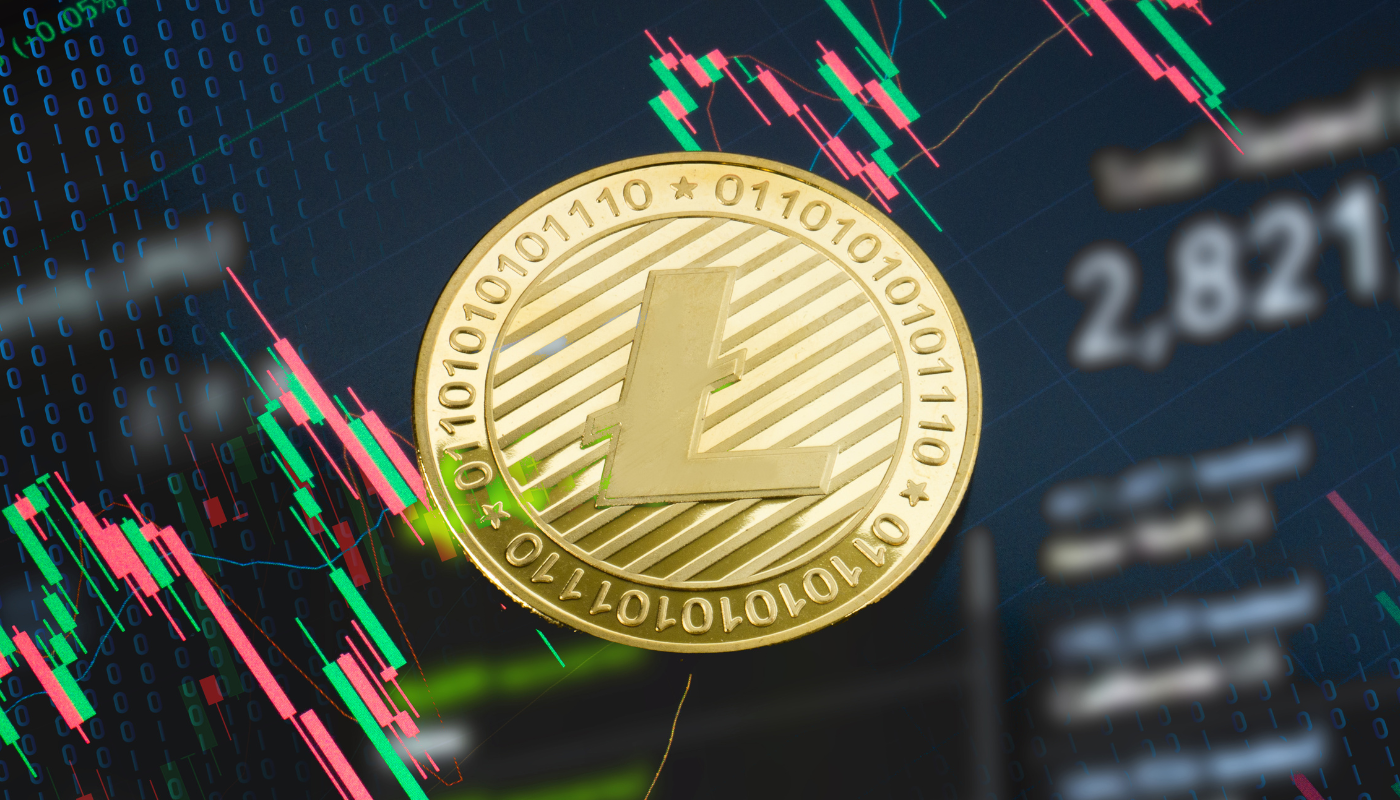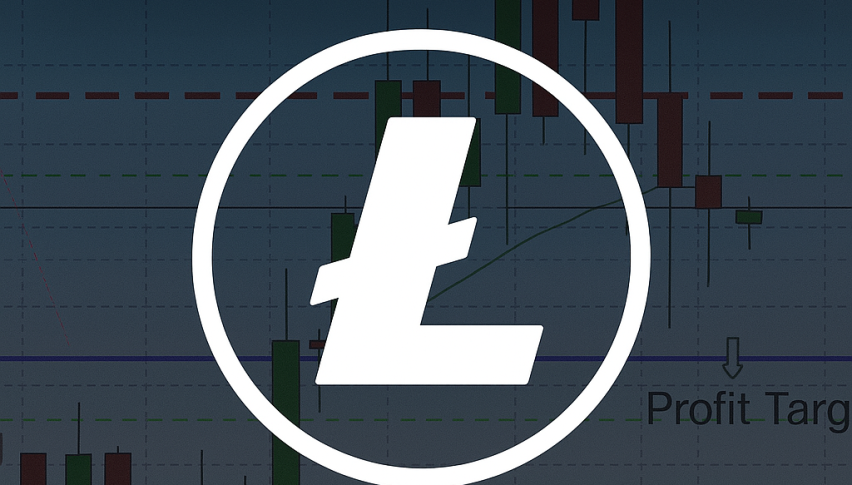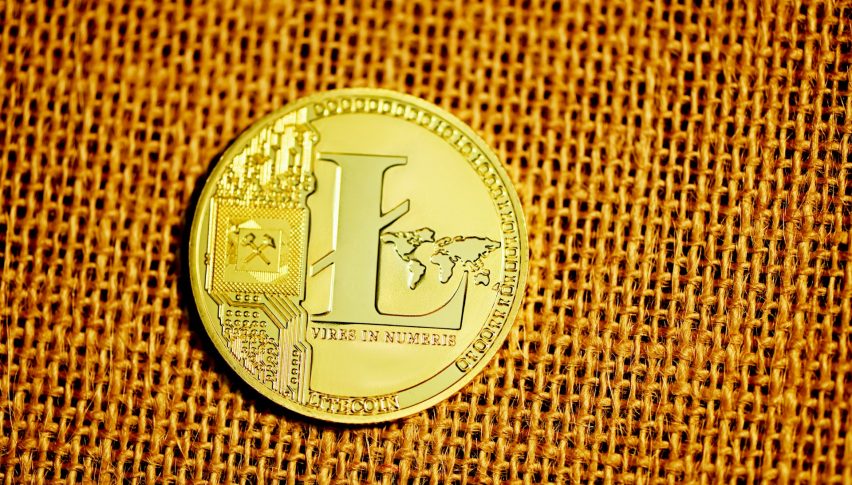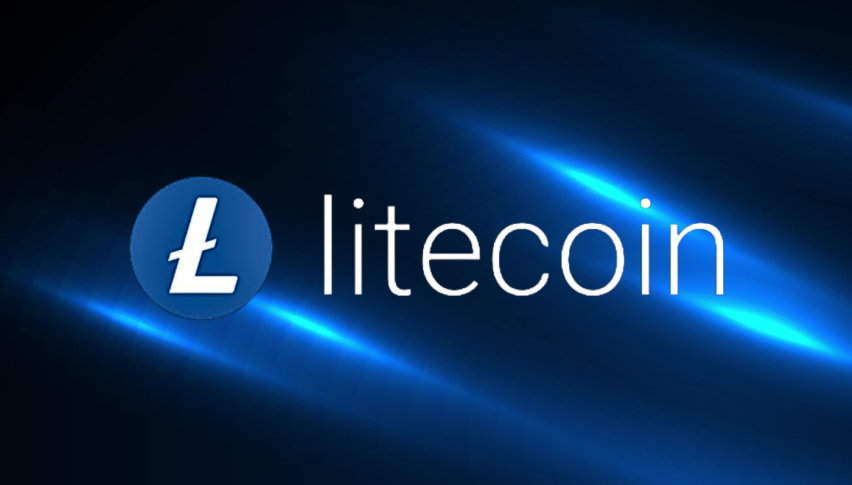Canary Capital Files for the First Spot Litecoin ETF, Increasing Investor Trust
By submitting the first-place Litecoin ETF application to the United States SEC on October 15, 2024, Canary Capital made a big advancement.

Through the holding of spot LTC and the tracking of the CoinDesk LTX, this ETF seeks to provide investors with direct exposure to LTC. If accepted, it will make it possible for institutional and individual investors to purchase Litecoin without having to purchase and hold onto the real cryptocurrency.
This is thought to be a good thing for Litecoin. The submission has already affected the market, since the price of Litecoin has increased. After rising 6% on Tuesday, LTC was trading above $71 on Wednesday. The ETF application announcement increased investor confidence and contributed to the cryptocurrency’s upward trend.
Chief executive officer of Canary Capital Steven McClurg is spearheading this initiative. One of McClurg’s most notable accomplishments is co-founding Valkyrie Funds, which issues the Coinshares Valkyrie Bitcoin Fund ETF. The crypto world is eagerly awaiting Canary’s application because of his competence in delivering creative investing techniques.
For what reason is this important? ETFs are financial instruments that have the potential to mainstream bitcoin investing. Without handling or storing the digital asset themselves, traditional investors can obtain exposure to Litecoin through an ETF. This is frequently regarded as a more convenient and secure method of cryptocurrency investing. Long-term, it might also strengthen Litecoin’s legitimacy and liquidity.
Canary Capital has filed the first Form S-1 for a LTC ETF with the U.S. Securities and Exchange Commission (SEC). If approved, the ETF will provide both consumer and institutional investors with wide-spread direct exposure to #Litecoin ‘ $LTC ’ ⚡️https://t.co/ob3heK7dFS pic.twitter.com/IfjcdCPle6
— Litecoin Foundation ⚡️ (@LTCFoundation) October 15, 2024
The Grayscale Litecoin Trust (LTCN) has dominated the U.S. market, according to Bloomberg analyst James Seyffart, even though Europe already has Litecoin investment products including CoinShares’ LITE in Switzerland and ETC Group’s ELTC in Germany. Grayscale now has $127.4 million in AUM for LTC, which accounts for a sizable portion of all global investments in goods related to Litecoin. In contrast, the aggregate AUM of European products is only $11.5 million. Consequently, Canary’s debut in the US market may pose a threat to Grayscale’s hegemony.
Litecoin’s proof-of-work consensus method and “fair launch” history set it apart from other cryptocurrencies like Solana, according to Alex Thorn, head of research at Galaxy Digital. Thorn thinks that Litecoin has a greater chance of being approved as an ETF than Solana’s spot ETF filings, which might encounter regulatory obstacles, because the SEC is less likely to classify it as a security because it didn’t have a sale of tokens or pre-mine.
It’s interesting to note that Canary took this action just days after submitting an application for an XRP ETF on October 8. Analysts speculate that the SEC’s position on cryptocurrency regulation may be influenced by the November U.S. presidential elections, which leads some experts to conclude that these filings are deliberate. A possible shift in leadership might create a more welcoming atmosphere for cryptocurrency investments.
According to a Gemini survey from earlier this year, 73% of crypto owners say the candidate's stance on crypto will impact their vote.
Will it impact yours? pic.twitter.com/lHf9bxyxth
— Nic (@nicrypto) October 16, 2024
Canary Capital’s application for the first Litecoin spot ETF may assist the cryptocurrency market in the long run by allowing more investors to get involved in this expanding market.



